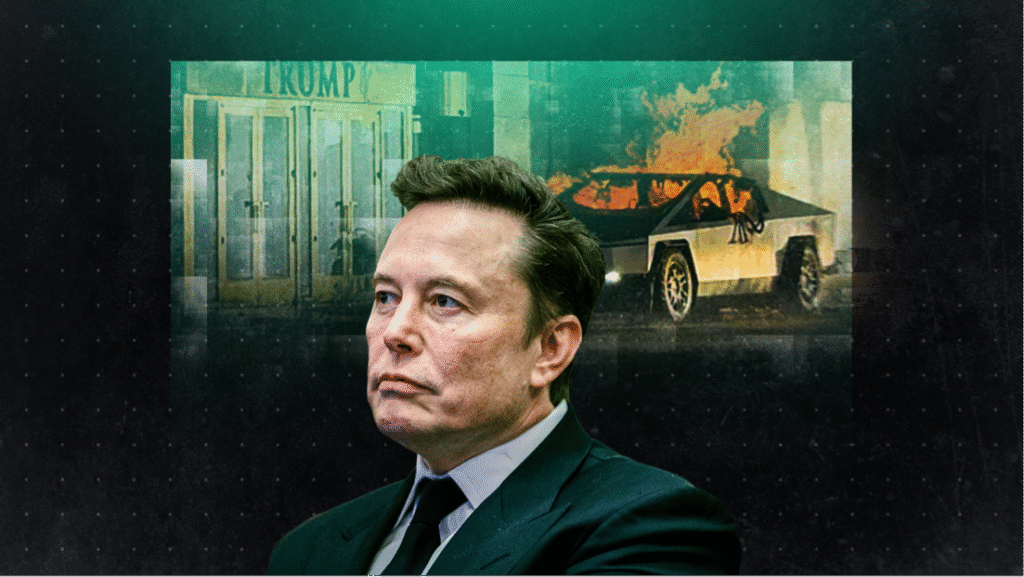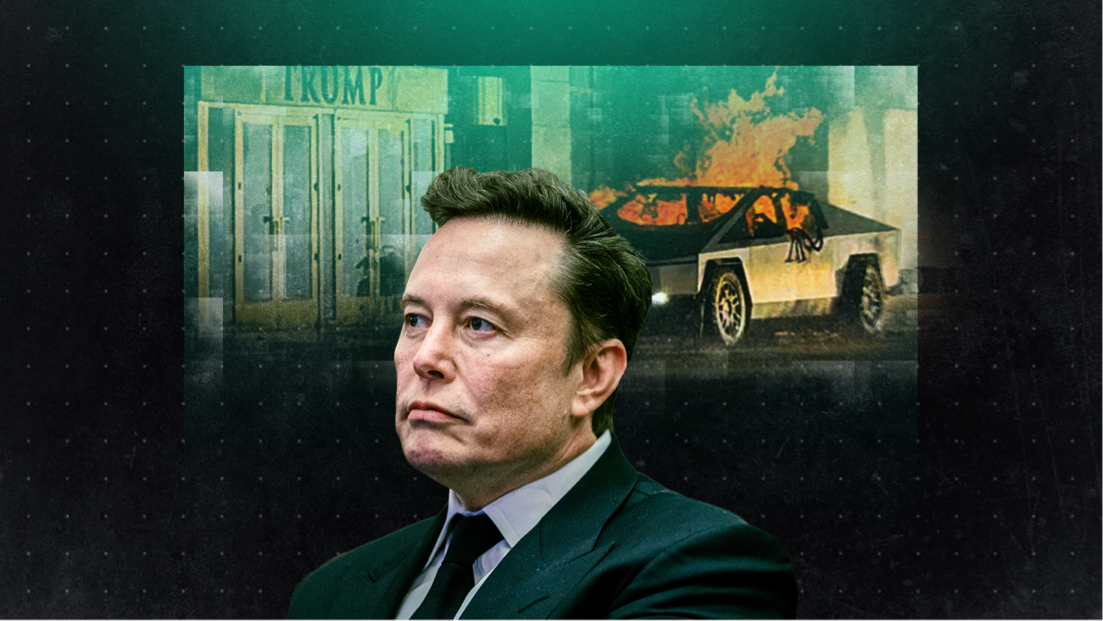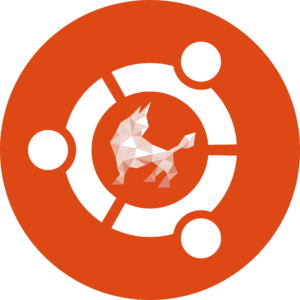Elon Musk is one of the most influential entrepreneurs shaping today’s technology landscape. Known for his bold vision and groundbreaking ventures, Musk has significantly impacted the development and discourse surrounding artificial intelligence (AI). Through his companies like Tesla and Neuralink, he is pioneering applications of AI, while also consistently warning the public and policymakers about the potential dangers of unchecked AI development.

Tesla and Autonomous Driving
Tesla has disrupted the automotive industry not only by popularizing electric vehicles but also by spearheading AI-powered autonomous driving technology. Under Musk’s leadership, Tesla’s Autopilot and Full Self-Driving (FSD) systems leverage a sophisticated array of sensors, cameras, radar, and neural networks. These AI-driven systems enable Tesla vehicles to interpret complex real-world environments, make split-second decisions, and navigate roads with minimal human intervention.
Central to Tesla’s AI success is its vast fleet of data-gathering vehicles. Each Tesla on the road continuously collects sensor data, which is aggregated and used to train deep learning models in the cloud. This iterative process enhances Tesla’s driving algorithms, gradually improving safety and reliability. Musk envisions a future where Tesla’s AI enables fully autonomous vehicles, drastically reducing traffic accidents and transforming personal mobility.
Despite tremendous progress, Musk openly acknowledges challenges ahead, including technical limitations, regulatory hurdles, and ethical questions around safety and liability. Nonetheless, Tesla’s aggressive approach to deploying AI on the roads continues to push the industry forward.
Neuralink: Bridging Humans and Machines
Beyond the roads, Musk’s Neuralink project represents a bold venture into human-computer symbiosis. Neuralink is developing implantable brain-computer interfaces (BCIs) designed to facilitate direct communication between the human brain and external devices. This technology holds promise for revolutionizing medicine—potentially restoring motor function in paralyzed patients and treating neurological disorders such as Alzheimer’s and Parkinson’s disease.
Neuralink’s implants use ultra-thin, flexible electrode threads that interface with neural circuits to both read and stimulate brain activity. Musk argues that such brain-machine integration is essential to keep humanity relevant in an era of rapidly advancing AI, preventing humans from being outpaced by artificial intelligence systems.
The project has faced skepticism but has made notable milestones, including successful animal trials demonstrating the potential to control external devices via neural signals. While widespread human applications remain on the horizon, Neuralink’s work symbolizes Musk’s futuristic vision of enhancing human cognition through AI collaboration.
Musk’s Warnings on AI Risks and the Need for Regulation
While Musk actively drives AI innovation, he simultaneously sounds the alarm about AI’s potential dangers. He has characterized advanced AI as an “existential risk” that could threaten humanity if left unchecked. Musk advocates for proactive oversight, urging governments and organizations to establish regulatory frameworks before AI becomes too powerful.
He warns that without proper control, AI systems might behave unpredictably, or worse, be weaponized. His concerns have contributed to a growing global conversation on AI ethics, safety, and governance. Musk was also among the founders of OpenAI, an organization committed to ensuring that AI development benefits all of humanity safely.
Balancing Innovation with Responsibility
Elon Musk embodies the dual role of visionary innovator and cautious skeptic in the AI arena. His companies pioneer transformative AI applications while his public statements emphasize caution and ethical responsibility. This balance highlights the complex nature of AI’s future—full of promise but fraught with challenges.
As AI continues evolving, Musk’s approach encourages ongoing dialogue on maximizing AI’s benefits while mitigating risks, underscoring the importance of transparent research, collaboration, and regulation.
Conclusion
Elon Musk’s contributions to AI through Tesla and Neuralink showcase his commitment to harnessing technology to solve real-world problems and enhance human capabilities. At the same time, his candid warnings about AI risks serve as a vital reminder that innovation must be paired with foresight and responsibility. Navigating this delicate balance will shape not only the trajectory of AI but also humanity’s future in an increasingly intelligent world.












